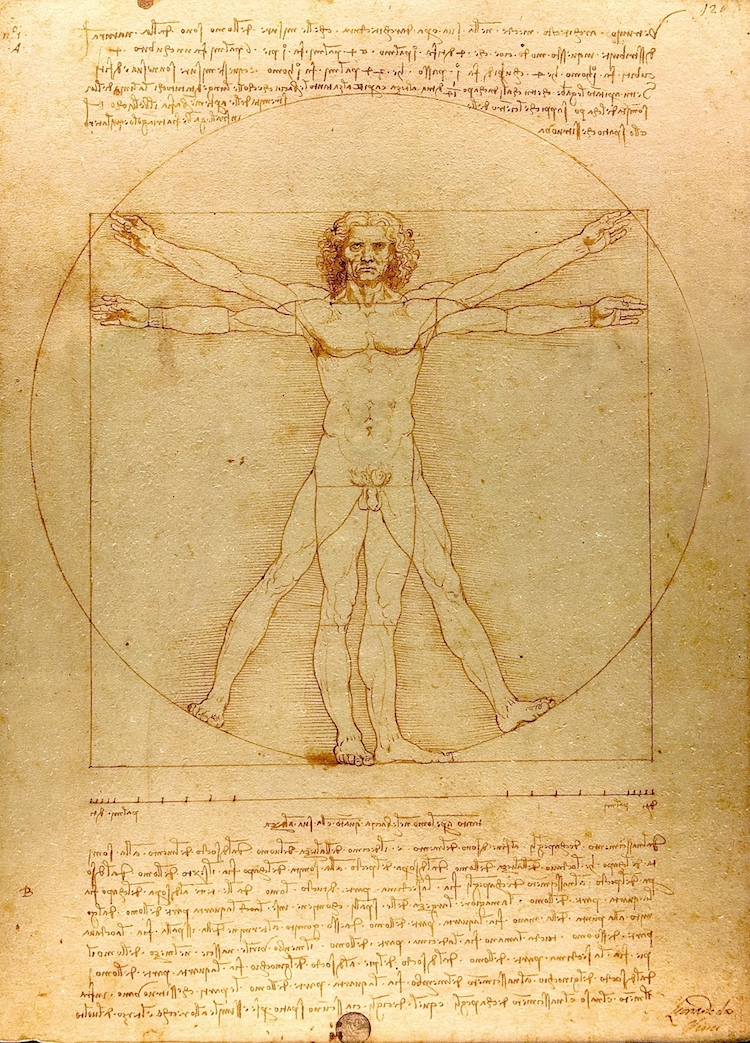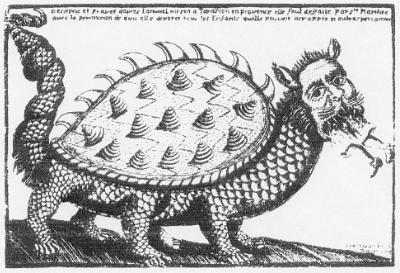I hit 1 rep max at 435 pounds on the deadlift last Saturday. My previous record was 405. I never thought I would do 1 rep max deadlifts again, as deadlifts are not part of my normal workout routine. Instead, I focus on Romanian Deadlifts, and I train those at the 6-8 rep range. This particular attempt came after a few weeks of not doing my normal "heavy" Romanian Deadlifts, so I'm excited to see how much I can lift if I start doing heavy RDs again.
When doing 1 rep maxes, I follow the standard protocol. Warm up first. If I feel like today is the day, then I test how the weights feel. Does a normal warm-up weight feel heavier than usual? Then it's not the day. If it feels fine, or even light, then it might be the day. Next, I approach the target lift with a smaller lift to see how I can handle the load. In my case, I knew I was going to hit the 405 range on my deadlift attempts, so I tested 365 before my first attempt to see how it felt.
The next part of testing a one rep max is the actual attempt. I treat each rep as though it were a heavy set of 6 or 8, so I give the full 2 to 3 minute rest in between attempts. For one rep maxes, it's even better to wait longer. Waiting longer is never bad, as if you don't wait long enough you might ruin the attempt.
Attempts come in numbers. My first attempt was a 415 deadlift, just a little over my previous max of 405, and it was meant to establish the confidence in my strength. The first attempt might actually be the last - that depends on how you feel afterward. Was it heavy, or was there something left? If there is something left, then wait at least 3 minutes and figure out how much left there was. My second attempt was 435. I felt that there was at least 20 lbs left, but I didn't want to be greedy. My second attempt at 435 felt a little heavier. It was approaching my actual limit, but I still felt I could add some more weight. My last attempt was a failure at 445 lbs, but I was still stoked that I hit the 435.
The tricky part about 1 rep maxes is that you have to be smart about your attempts. A true one rep max is supposed to take everything out of you; there isn't supposed to be another attempt left. But doing a few attempts before discovering your actual one rep max takes a toll on your strength for that session. So, I may have been able to lift 445 if I had gone there earlier, but I wouldn't count on it yet. All I do know is that the 415 felt much easier to lift than the 405 did the first time, and even the 435 felt easier, or at least "better."
What this whole thing proved to me was that I "still got it." I hadn't done one rep maxes in a while, and I was wondering if I still had it in me to do the heavy stuff. After hitting 30lbs over my previous max, I feel encouraged to see where I can take my deadlifts from here. Knowing that 445 is within reach gives me the confidence to set 500 in my sights. I might just go there. For my other lifts, I'm not sure. I'm fairly good at squats for my bodyweight, but they are exhausting to do. And bench presses are more dangerous the closer they are to the one rep max.
For now I think I'll set my sights on hitting a 275 bench, 385 squat, and a 455 deadlift. I can come up 15 lbs short on those numbers and still hit the 1100 lbs mark for my three big lifts. I'm still at my original 170 lbs bodyweight, so 1100 at 170 would be a 10% increase in strength without gaining weight. I would like to hit these numbers by the middle of the year, so I'll post updates on my progress periodically.



